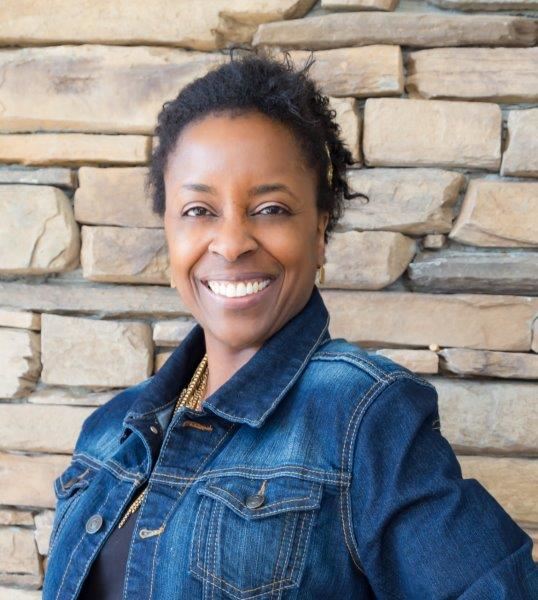Describing the value of international experience remains a challenge for those with global backgrounds. Career strategist Sophia Marshall shares a few ways to reinforce the value of your international experience in your résumé/CV.

By Sophia Marshall
Realistically, the value of international experience should be at the forefront of an employer’s mind. After all, our society is becoming more globally connected day-by-day. With the rise of a flexible work environment including modified hours, telework, and co-working arrangements, social tools make it easy to chat with anyone on another continent.
But while things have changed rapidly for the workplace environment, describing the value of international experience still remains a challenge for those with global backgrounds.
How does a global professional highlight their experience in such a way that it can be understood by potential employers? Will this experience be appreciated?
Here are a few ways to reinforce the value of your international experience throughout the key parts of your résumé/CV.
Summary of Qualifications
This section should serve as an overview highlighting your value to the organization. You will want to use particular keywords that capture interest regarding your international fluency (diversity, awareness, independence, communication, problem-solving, etc.).
Think of a time when you may have been a bridge builder while traveling or within a previous position. Here are a few ways to annotate this:
Utilized cross-cultural skills to champion global viewpoint on XYZ project.
Always available to deliver advice, taking a diplomatic view when handling crisis situations.
TIP: This should always be written in a way that shows what you can do for the target organization. Also remember to address what they are looking for.
Professional Experience
Many global professionals may not have a work history that encompasses one or two organizations. Instead, we often have experiences that are dynamic as we move around the world.
The key here is to remember the skills earned during volunteer stints, non-traditional positions, and travel experiences. Here are a few examples of what these entries may look like:
Volunteer position:
Honed Patois language skills while taking part in humanitarian missions in Jamaica, supporting health and education services.
Project-based position:
Gained insights into German workplace culture as part of 3-month consulting assignment for Lidl, a supermarket chain.
Non-traditional position:
Boosted knowledge and understanding of the U.S. school system by taking part in open forum sessions organized by local Japanese government officials.
TIP: This section of your CV/résumé is important because it substantiates the claims made in the first section.
Education & Training
Global professionals feel that travel is an education in itself. But reality states that there are times when it has to be proven. It’s best to inquire with the organization and country where you wish to live in order to obtain the proper evaluation and/or identify your next steps.
List education in your respective country first and the evaluation findings (if applicable) second. That entry could resemble the following:
Degree Name, Date Earned
Istanbul University, Istanbul, Turkey
Degree Name equivalent to XYZ degree evaluated by XYZ organization, Date
TIP: The value of education and training may differ by country. Remain flexible and find other opportunities to boost skills when necessary.
You do not have to blur your international experience because you are applying to an organization that does not have a strong international focus.
Instead, become a master at capturing an employer’s attention. This can be done by highlighting the right skills that will enhance their operations, using your global perspective.
 Sophia Marshall, MHR is the founder of MeSheet®, a career management organization focused on resume writing. She has a resume writing credential and is a Board Certified Coach (BCC) who writes, speaks, and advises on professional resumes and job search.
Sophia Marshall, MHR is the founder of MeSheet®, a career management organization focused on resume writing. She has a resume writing credential and is a Board Certified Coach (BCC) who writes, speaks, and advises on professional resumes and job search.
Sophia’s diverse career began as part of the Japan Exchange Teaching (JET) program. After returning to the U.S. for a short time, she was back abroad as a military spouse and was traveling internationally even more extensively. Coupling her international and military experience with multiple positions she has held in academia, social services, and training, anchors her effectiveness as a career strategist and resume writing professional.